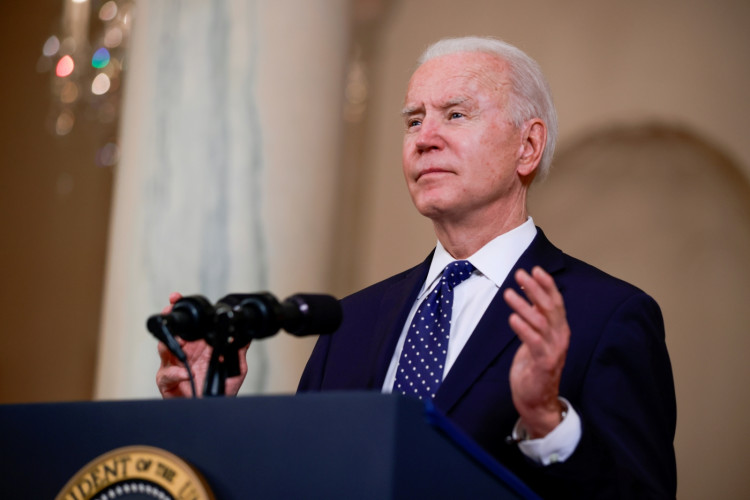As G7 leaders met for a summit overshadowed by the crisis in Ukraine and its effects on food and energy supplies as well as the global economy, US President Joe Biden urged allies on Sunday (Jun 26) that "we have to stay together" against Russia.
Beginning the summit in the Bavarian Alps, four of the Group of Seven wealthy countries pushed to impose a ban on the import of Russian gold in an effort to put more pressure on Moscow and eliminate its source of funding for the invasion of Ukraine.
The European Council President Charles Michel stated that the matter would need to be handled carefully and be the subject of more discussion, so it was unclear whether the G7 was in agreement with the plan.
The restriction on new Russian gold imports was reached by Britain, The United States, Japan, and Canada, the British government announced on Sunday.
The prohibition, according to Britain, is intended to protect wealthy Russians from the financial effects of Western sanctions by preventing them from purchasing safe-haven bullion. Last year, Russia exported gold worth $15.5 billion USD.
According to a German government source, the leaders of the G7 nations-Britain, France, The United States, Germany, Japan, Italy, and Canada-were also holding "really constructive" discussions about the prospect of capping the price of Russian oil.
An official from the French president stated that Paris would advocate for a cap on oil and gas prices and was willing to discuss a US proposal.
To counter China's expanding influence and lessen the effects of skyrocketing food and energy costs, the G7 leaders did agree to vow to generate US$600 billion in private and public contributions for developing countries.
German Chancellor Olaf Scholz welcomed partner states from Senegal, Argentina, Indonesia, India, and South Africa to the G7 summit. The collateral effect of Western sanctions on Russia is a concern for many developing nations.
According to Oxfam and other advocacy organizations, the agony of rising food prices for developing nations is "visceral."
They urge the G7 to impose taxes on obscene corporate profits to aid those affected by the food crisis, forgive debts owed by the world's poorest countries, and aid developing nations in their fight against the food crisis and climate change.
An EU official said that the G7 nations would make it clear to their partner nations that Russia's actions were to blame for the increase in food prices and not Western sanctions.






